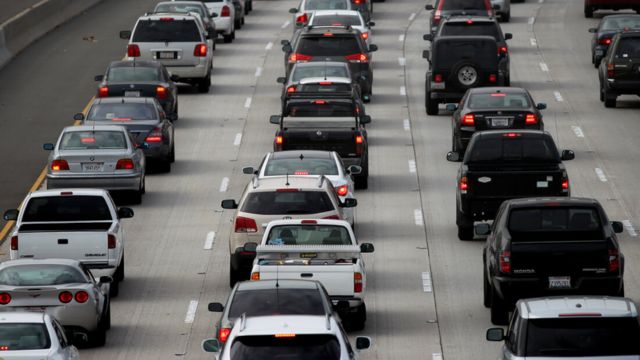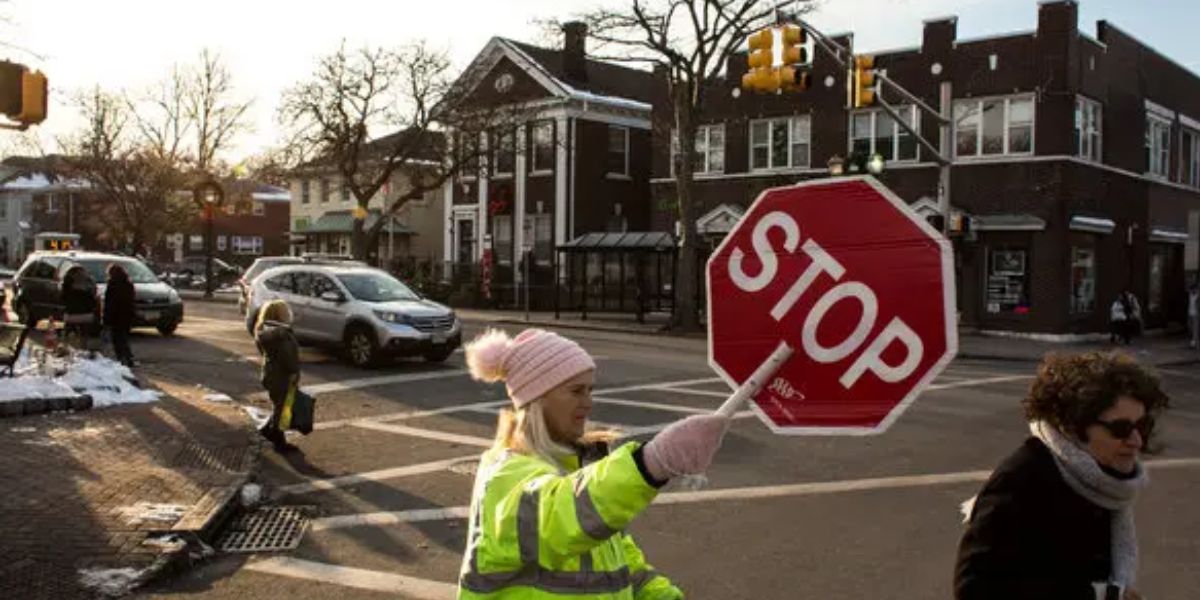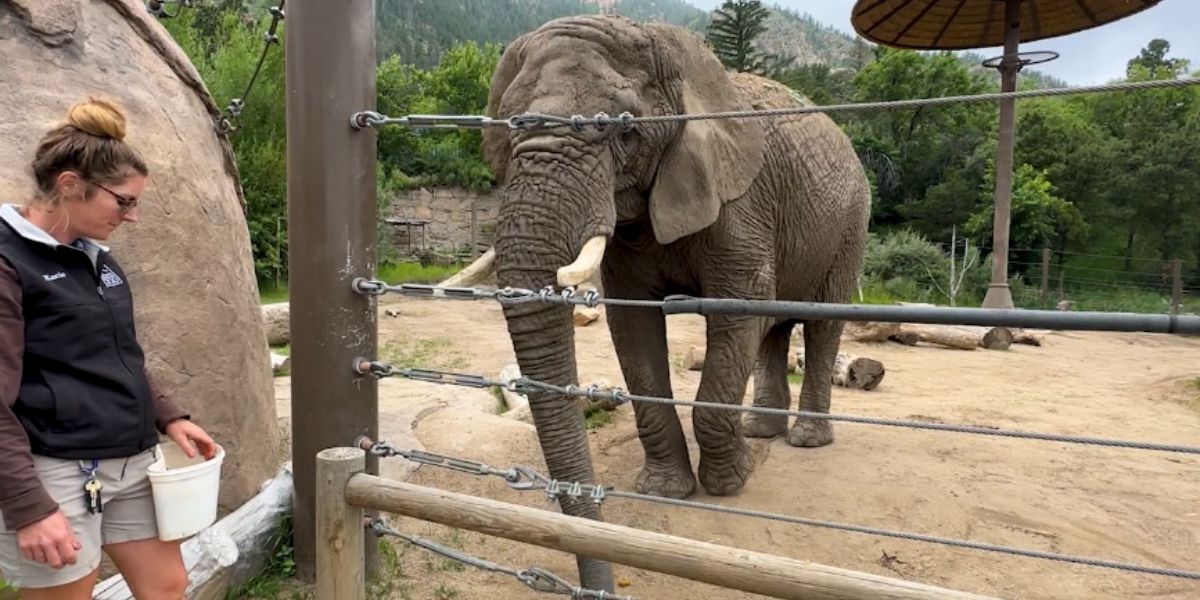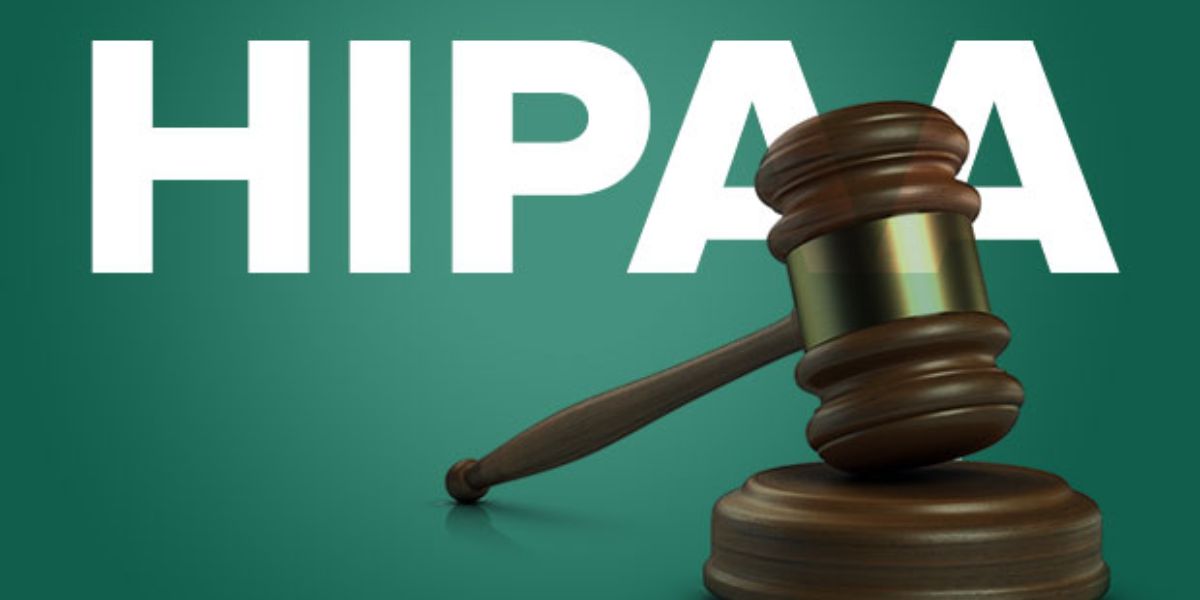The manner in which GPS navigation applications handle traffic rerouting could be drastically altered by a measure that is being introduced in Connecticut. This could have an effect on drivers who rely on these systems to travel around traffic congestion.
The purpose of the proposed legislation, which is referred to as House Bill 5071, is to address concerns over the unexpected consequences that may arise as a result of switching traffic from main highways to local and residential roads.
Small communities that are unable to handle the influx of vehicles that occur during highway events may find this to be a relief; nonetheless, it may be a nuisance for drivers who are accustomed to navigating their way through traffic without any interruptions.
Drivers like Keandre Blue, who frequently use GPS apps to locate alternative routes in the event of traffic congestion or accidents, are grateful for the simplicity that these technologies provide.
“I’m getting right off the highway as soon as I can,” the Plainville driver stated. “Find the first exit and cutting up every back road I can.”
The ability of navigation systems to immediately recommend back roads in order to save time and avoid bottlenecks was something that Blue acknowledged his admiration for.
On the other hand, these detours frequently reroute huge volumes of traffic down residential streets that were not intended to accommodate such extensive usage, which creates difficulties for communities that are far smaller.
The problem is especially noticeable in regions such as New Haven, where streets that are next to Interstate 91, such as Orange and State streets, frequently get overcrowded with automobiles throughout the duration of significant highway events.

Within a similar vein, Blue brought attention to the fact that Interstate 84 is likewise subject to congestion occurrences, which result in local roads becoming unintentional thoroughfares for traffic that has been detoured.
“It’s always starts the same. Exit 44 in Prospect and then all the way up to like Main Street in Hartford, going over the bridge. Horrible,” Blue stated. “Luckily, I know that area well but when I’m over here, I definitely have to figure out where I’m trying to get off the highway.”
Representative Mitch Bolinsky of Newtown was the one who initially proposed the legislation, and on January 9 it was referred to the Joint Committee on Transportation for consideration.
The purpose of this law is to ban GPS devices from advising alternative routes that cause heavy traffic to be rerouted onto regional roads that are lower in size.
This change is being made with the intention of protecting residential neighborhoods and reducing the strain that is being placed on infrastructure that is not designed to support heavy loads of traffic.
It is possible that the bill will provide relief to towns that have been impacted by the spillover of highway traffic; yet, it raises worries for drivers who may have fewer options available to them should large traffic interruptions occur.
Blue hypothesized that if the bill were to become law, he would be forced to back to utilizing paper maps or painstakingly studying alternate routes.
This is because GPS apps would no longer give the same amount of dynamic rerouting and would therefore be rendered obsolete.
North Carolina Rolls Out Energy-Saving Rebates for Homeowners, South Carolina Still Waiting
It is necessary to take a number of important measures before House Bill 5071 can be enacted into law. For the time being, the bill is still in the preliminary phases of the legislative process.
The state is currently considering the most effective method for managing traffic flow in this day and age of intelligent navigation systems, and its potential ramifications have spurred arguments about how to strike a balance between the requirements of individual drivers and the well-being of local communities with regard to traffic flow management.




